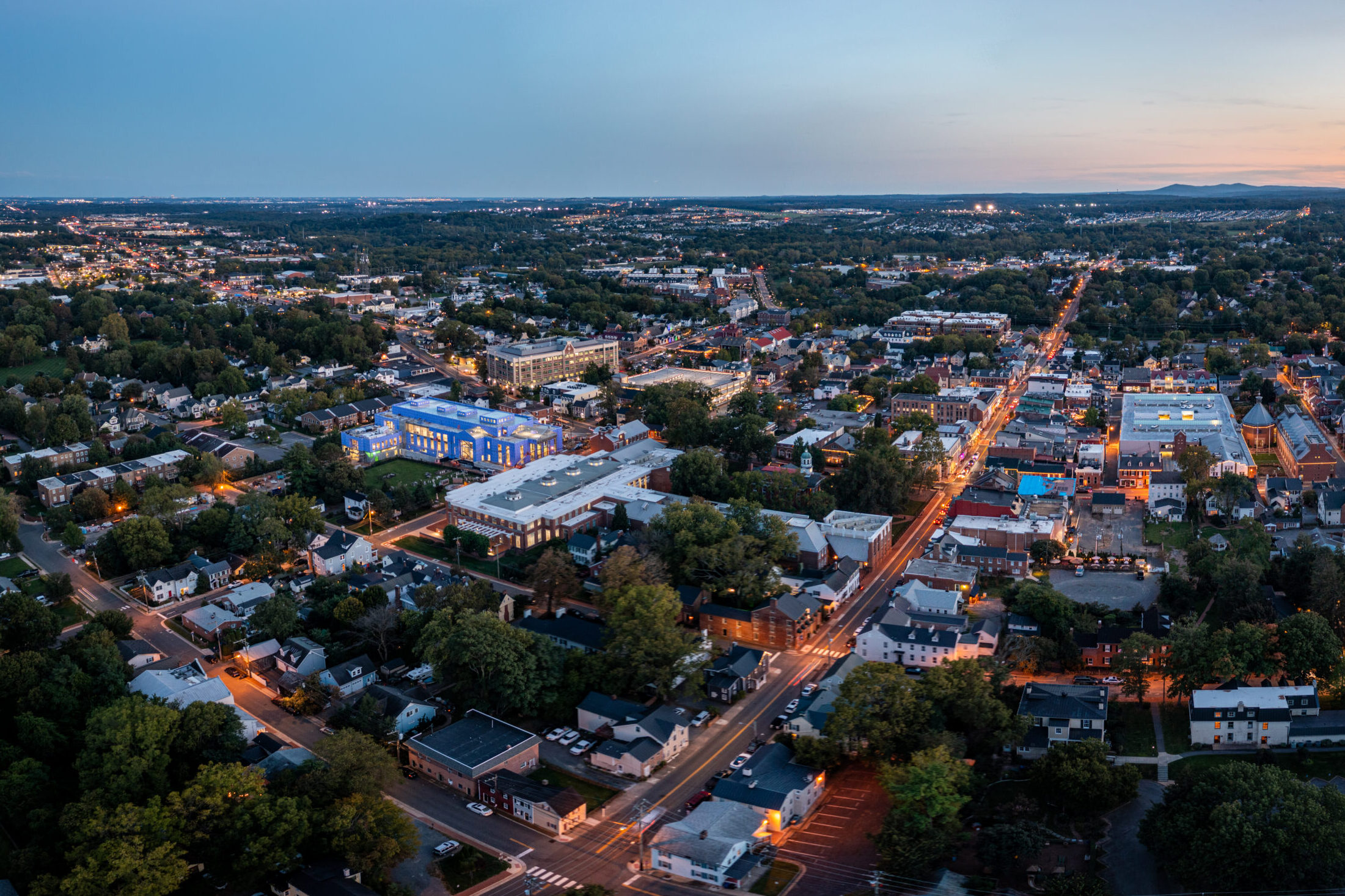New Laws: SAVE Act Saving Energy and Money

Leesburg, Sunset – Photo by Hugh Kenny
Why Prioritize Energy Efficiency in Virginia?
The cheapest and most impactful way to save energy is to use less electricity. Utilities can work to meet customer electricity needs more affordably by reducing demand using energy efficiency programs instead of building new power plants. Energy efficiency programs update current infrastructure to help Virginians cut down on home energy use without sacrificing function, safety, or comfort. By lowering residential energy use, these initiatives save people money and boost Virginia’s grid resilience by decreasing overall energy demand. Examples of energy efficiency programs include home weatherization and replacing outdated appliances.
To gain the most out of this low-cost resource, we must make sure utilities enact energy efficiency programs effectively. On July 1st, the SAVE Act went into effect, improving prospects for energy efficiency projects.
Specifically….
HB 746/SB 565: (Delegate Michael Webert/Senator Creigh Deeds): Provides the SCC with guidance and resources to strengthen Energy Efficiency Resource Standard (EERS) energy savings targets. This new law instructs the State Corporation Commission (SCC) to establish a single cost-effectiveness test for utility energy efficiency programs and suggests using of the National Standard Practice Manual in doing so.
How Will The SAVE Act Reduce Energy Burdens And Climate Pollution?
Improving infrastructure reduces wasted energy to make sure that residents use all the power they pay for. Energy efficiency updates reduce Virginians’ energy bills because residents use less energy to meet the same needs. Reducing energy demand also puts less burden on the electricity grid.
Enduring legacies of structural racism mean that energy burdens are disproportionately felt by households of color and low-income communities. Low-income Virginia households spend on average 14% of their income on energy costs, compared to 4% for middle-income households. This disparity means that low-income residents and Virginians of color spend proportionately more on energy. By encouraging strengthening EERS targets, the SAVE Act aims to expand access to energy efficiency programs for utility customers. This opportunity helps Virginia’s most vulnerable communities reduce their energy demand and ultimately their electricity bills.
Reducing energy use is one of the simplest ways to reduce climate pollution. Updating infrastructure to be more energy-efficient reduces the need to burn fossil fuels, which reduces the amount of carbon polluted into our air and makes progress toward meeting state climate goals.
